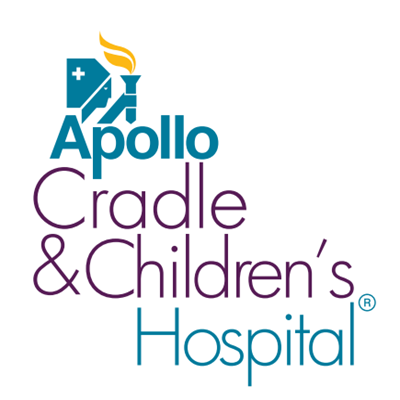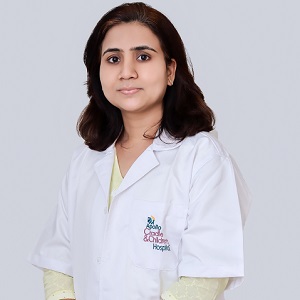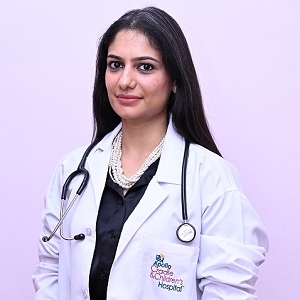What are Infectious diseases?
Infectious diseases are conditions that are caused by hazardous organisms that enter your body from the outside. Pathogens are another word for harmful organisms. There are five categories of infectious agents known as pathogens: viruses, bacteria, fungi, parasites, and, less frequently, prions. Infectious diseases can be contracted from other individuals, through insect bites, and from consuming contaminated food, soil, or water.
The Common Symptoms of infections
The signs of infectious diseases vary by sickness kind. Typically, fungal infections induce localized symptoms, such as redness and itching. Infections caused by viruses and bacteria can manifest in numerous parts of the body, including:
- Fever
- Congestion
- Chills
- Muscle aches and headache
- Cough
- Fatigue
- Gastrointestinal symptoms (nausea, diarrhoea, vomiting)
If you experience chronic symptoms or problems that worsen with time, you should consult a doctor at Koramangala, Apollo.
What different kinds of infectious diseases?
There are many different types of infectious diseases, including those caused by viruses, bacteria, parasites, and fungi. The term "transmissible spongiform encephalopathies" refers to an unusual collection of contagious diseases that can affect the brain (TSEs).
- Virus Infections
The genetic material (DNA or RNA) that is contained within a virus is encased in a protein coat (capsid). Your cells are far larger than viruses, and viruses have no way to replicate on their own. Viruses spread disease. They can generate copies of themselves by entering your cells and then using the machinery within your cells.
- Bacterial Infections
Bacteria are organisms that only consist of a single cell and have their instructions written down on a very small fragment of DNA. Bacteria can be found on and in our bodies, as well as in the air we breathe and the soil we walk on. Certain bacteria produce pollutants that can make you sick. However, the vast majority of bacteria are either completely innocuous or even beneficial.
- Fungal infections
Fungi come in a diverse array of types, much like bacteria. They can be found both on and inside your body. You run the risk of being ill if your body's natural fungi get overgrown, or if hazardous fungi enter your body through a cut in your skin, mouth, or nose.
- Parasitic infections
Parasites live and reproduce within the bodies of many other organisms. Worms (helminths) and certain unicellular organisms are examples of parasites (protozoa).
When should I see a doctor?
Schedule an appointment with your physician at Apollo Cradle, Koramangala as soon as you notice infectious disease symptoms like fever, congestion, chills, etc.
Treatment of infections
The treatment depends on the cause of the infection. Occasionally, your doctor will advise you to monitor your symptoms instead of taking medicine.
- Antibiotics can treat infections caused by bacteria. The appropriate antibiotic depends on the causative microorganisms.
- You may treat the symptoms of the majority of viral diseases with over-the-counter drugs until you feel better. In some instances, if you have influenza, your doctor may recommend oseltamivir phosphate. Certain viral infections are treated with specialized drugs, such as antiretroviral treatment for HIV.
- Antifungal drugs can be used to treat fungal infections. You can consume them orally, such as fluconazole, or apply them topically, such as clotrimazole.
- Antiparasitic medications, such as mebendazole, can be used to treat parasites.
- No therapies exist for prion disorders.
Conclusion
Hand-washing, covering your mouth while you sneeze or cough, and other basic practices can help prevent people from becoming gravely ill. Modest behaviour on your part could save the life of another person.
Summary
Infectious illnesses are conditions that are caused by pathogens that enter the body. Most diseases are caused by viruses, bacteria, fungi, and parasites. Infectious diseases are typically spread from one person to another by contaminated food or drink and insect bites. Some infectious infections are modest, while others are extremely severe.
Request an appointment at Apollo Cradle, Bengaluru - Koramangala. Call 1860-500-4424 to book an appointment.
Due to their still-developing immune systems, infants and children may be more susceptible to contracting infectious diseases. They cannot independently practice good hygiene as adults can. Common cold, Influenza, and Chickenpox are among the infectious diseases that are more prevalent in children.
The common infectious diseases caused by viruses are the common cold, flu, Hepatitis, Respiratory syncytial virus, and Stomach flu (gastroenteritis).
The common infectious diseases caused by bacteria are Salmonella, Urinary tract infections (UTIs), Whooping cough (pertussis), Tuberculosis, Strep throat, and sexually transmitted infections (STIs).
The common infectious diseases caused by fungi are Fungal nail infections, Thrush, Ringworm, and Vaginal candidiasis (vaginal yeast infection).
The common infectious diseases caused by parasites are Hookworms, Giardiasis, Pinworms, and Toxoplasmosis.
Emerging infectious illnesses are either novel or infecting a greater number of individuals than in the past. These disorders are the focus of specialized research. Ebola, hepatitis A, salmonella, certain coronaviruses, and West Nile virus are examples of emerging infectious disease agents.

 93% Patient Satisfaction Score
93% Patient Satisfaction Score























